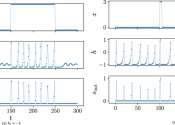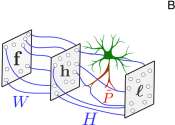Brain-inspired algorithm helps AI systems multitask and remember
Behind most of today's artificial intelligence technologies, from self-driving cars to facial recognition and virtual assistants, lie artificial neural networks. Though based loosely on the way neurons communicate in the ...
Oct 17, 2018
1
777









